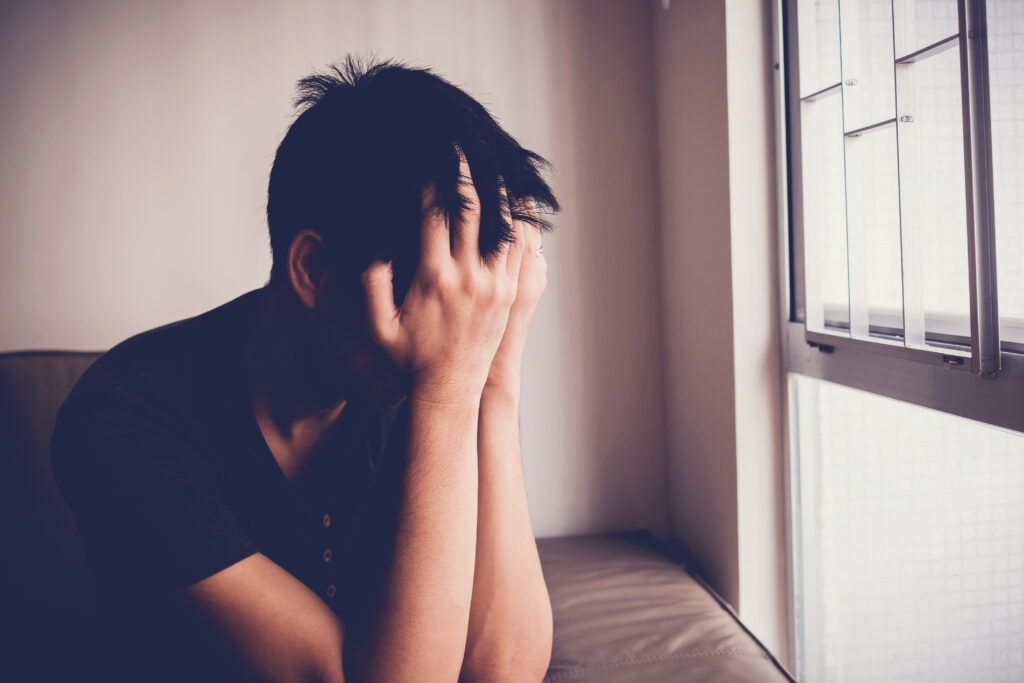Understanding Benzodiazepines and the Treatment Necessary to Overcome an Addiction

What starts as a prescription to treat anxiety can sometimes spiral into a Benzodiazepine addiction. If you’ve found yourself struggling to control your taking of this sedative medication, here’s what you need to know about Benzodiazepine abuse treatment.
What are Benzodiazepines?
Benzodiazepines are a class of drugs that are depressants, meaning they slow down the body’s central nervous system functioning. They are most commonly used to treat anxiety, relieve muscle spasms and decrease seizures. They can also be used to treat alcohol withdrawal and prior to the administration of anesthesia in medical settings.
Many people are more familiar with this group of medication through their brand names. Here are types of Benzodiazepines:
- Valium
- Xanax
- Ativan
- Klonopin
- Halcion
- ProSom
- Dalmane
- Restoril
- Versed
- Librium
- Tranxene
- Paxipam
- Serax
- Centrax
- Doral
There are other types of Benzodiazepines not listed here, but these are the most commonly used forms. While Benzodiazepines have several legitimate medical uses, they can also become addictive, especially when taken in higher doses or for a longer period of time.
For this reason, most clinicians opt to treat anxiety, sleep disorders and epilepsy with other medications first.
Benzodiazepines can be dangerous and lead to overdose, especially when combined with other substances or alcohol. If you’re worried your use of this substance has gotten out of your control, it’s time to seriously consider starting rehab.
How do I know when I need Benzodiazepine abuse treatment?
Like all substances, addiction to Benzodiazepines is characterized by continued use despite trouble functioning at work, school or in daily living. If you’re struggling to live your normal life or have noticed these other signs of addiction, the next step is Benzodiazepine addiction treatment.
- Unmanageable, frequent thoughts about using the drug
- Trouble in relationships with friends, family, coworkers and others
- A decreased interest in activities that were previously enjoyable
- Loss of appetite or overeating
- Changes in sleep habits (insomnia or sleeping too much)
- Neglecting appearance
- Engaging in risky behavior to obtain the drug or money for the drug
- Not feeling like yourself without the drug
- Experiencing withdrawal symptoms
- Needing more and more of the substance to feel the same effects
- Lying or stealing about substance-related behaviors
Benzodiazepine addiction is no joke. If you’re worried your casual or prescription use is no longer in your control, get in contact with an addiction specialist today.
What happens in Benzodiazepine addiction treatment?
If you’re at the point where professional intervention is necessary to break your Benzodiazepine addiction, you’re surely wondering what happens in treatment. While each rehab facility is likely to differ, here are the commonalities in Benzodiazepine abuse treatment.
Pharmacotherapy
There are some medications available that can help someone who is going through withdrawal and detox for Benzodiazepines. These substances tend to be most effective if an individual is not currently addicted to any additional substances.
Psychotherapy
Talk-therapy using the framework of cognitive-behavioral therapy (CBT) is perhaps the most commonly used and widely successful Benzodiazepine addiction treatment. CBT helps a person change addictive behaviors by changing thought patterns and creating tools to manage distress (called coping strategies).
Structure
One of the most important aspects of Benzodiazepine addiction treatment is the structure that you’ll encounter in rehab. Whether you start with an outpatient program or residential treatment, a daily routine of prosocial and educational components will help you break the negative habits that encourage an addictive lifestyle.
A continuum of care
In order to be effective, treatment for addiction to any substance should be catered to meet a person’s individual needs. For most facilities, this means creating a continuum of care, or different levels of treatment. Unique programs fit different time frames and intensity of needs, some with medical support.
The following levels of care are common for addiction treatment:
- Medically managed intensive inpatient treatment (most intense)
- Inpatient treatment
- Intensive outpatient treatment
- Outpatient treatment
- Continuing services (least intense)
Calling the rehab center you plan to attend should give you some insight on which level is best suited for your current needs. A level of care assessment will verify the most appropriate caliber of Benzodiazepine abuse treatment.
Support
Trying to achieve recovery on your own can feel isolating, and rehab in an accredited facility aims to counteract that by integrating peer support and offering the assistance and encouragement of compassionate staff.
Holistic treatment
In the past decade there has been a movement towards more holistic care when treating addictions. This type of intervention incorporates mental wellness with—exercise, nutrition, outdoor activities, social skill building, financial and educational support.
A social worker will likely be available to help you address other areas that could be causing undue stress like obtaining housing, securing stable employment, getting connected to local resources and finding a sober community.
Treatment from Benzodiazepines
Starting treatment is a brave step, and if you’re ready to benefit from pharmacotherapy, psychotherapy, daily structure, a continuum of care, encouragement and support through a holistic lens, Pyramid Healthcare can help. Take back control from your addiction, call Pyramid Healthcare now.



